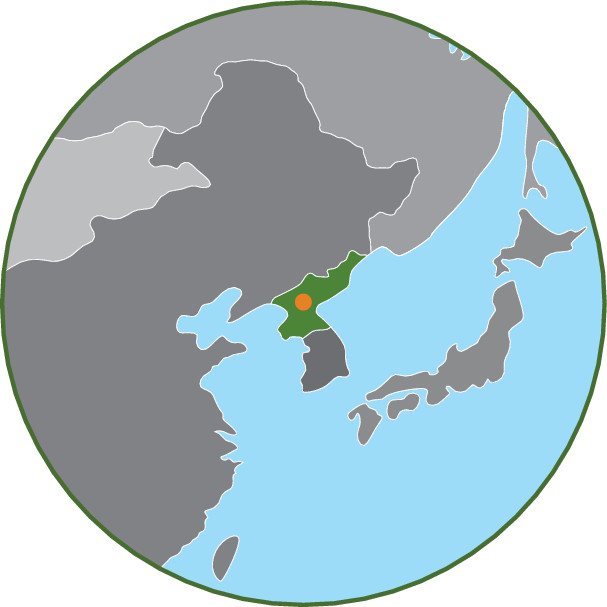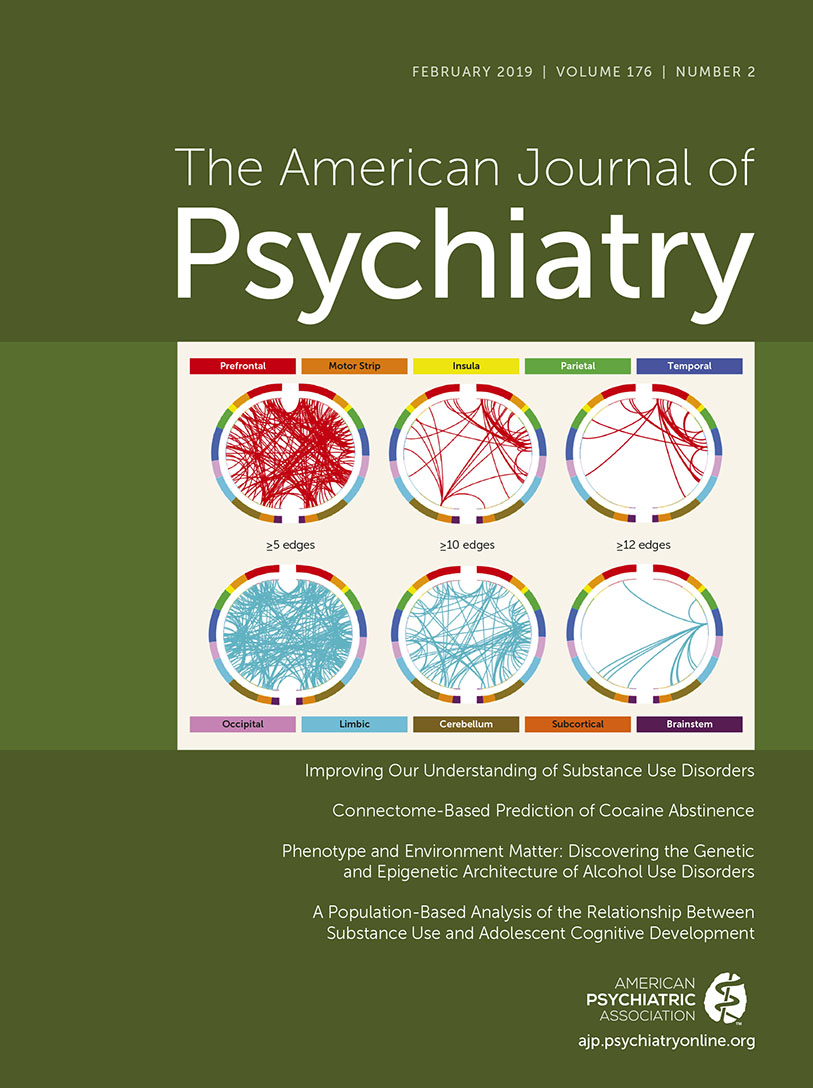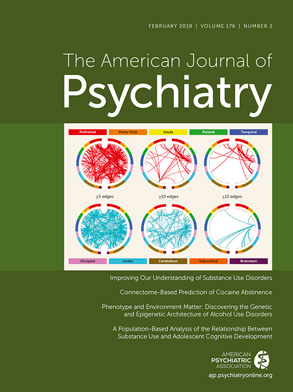After Korea was divided into South and North, South Korean psychiatry developed rapidly under the influence of American psychiatry and the outstanding progress of biological psychiatry. However, North Korean psychiatry has remained focused on old-fashioned practices as a result of the country’s socialism and totalitarianism. Although North Korea has insisted on pursuing free universal health care, preventive medicine, and the subjectivization of public health services under socialist medicine, medical practices in North Korea have been thoroughly secluded from international perspectives, in accordance with its political and economic isolation (
1,
2).
North Korean psychiatry has been scarcely exposed to the global academic community, despite the in-depth interviews of North Korean defectors who had worked as physicians in North Korea (
3). Hence, to examine North Korean psychiatry, we reviewed 47 North Korean psychiatric research papers published between 2001 and 2017. All papers were published in North Korean journals (
Juche/Korean Medicine,
Preventive Medicine,
Pediatrics, Obstetrics and Gynecology, and others), written only in Korean, and collected from the North Korea Science and Technology Network web site (
http://www.nktech.net), which was created to provide special information about North Korean science and technology and to support the interaction and collaboration between South and North Korea in science and technology in the near future, by the Ministry of Science and ICT of South Korea. About one-third of the papers were on psychosomatic medicine, about one-fifth were on schizophrenia and antipsychotic medications, and about one-seventh were on pediatric and adolescent psychiatry.
North Korean psychiatric research can be differentiated from contemporary psychiatric research in several ways. First, the study objectives of several papers from North Korea quoted the following remarks of the previous North Korean dictators: “The subjectivization of scientific researches should be established for rapid development of science and technology” (Kim Il-sung) (
Figure 1); “Scientific diagnosis should be needed to prescribe with good medicine and make a favorable therapeutic plan” (Kim Jong-il); and “We should develop medical science to solve all problems in medical treatment and prevention effectively” (Kim Jong-il). The quotations reflect North Korea’s totalitarianism and are consistent with the ideologies of socialism and Marxism-Leninism, which supported the centralization and socialization of medicine in the former Soviet Union (
4).
North Korean psychiatric research has been influenced by dialectical materialism. Most of all, Ivan Pavlov’s theory of conditioned reflexes has contributed to a unified medical system in which biomedical hypotheses lead to clinical practices that follow the mandates of North Korea’s political propaganda. In biologically oriented socialist psychiatry, the physiological disruption of the autonomic nervous system is conceptualized as the essential pathogenic mechanism of psychiatric disorders (
4,
5). Consistent with Pavlovian theory, psychosomatic diseases, including psychosomatic peptic ulcers, cardiac neuroses, neurasthenia, dysautonomia, and chronic fatigue syndrome, are the diseases most commonly studied among the 47 papers.
In contrast, studies on depressive disorders have rarely been conducted, and only two papers on this topic were found. One was an investigation of the changes in the levels of 5-hydroxytryptamine, dopamine, and histamine in alloxan-injected mice, and the other examined the therapeutic effects of clonidine on the autonomic nervous system in patients with premenstrual dysphoric disorder. The predominance of psychosomatic diseases rather than depressive disorders can be explained by the schematic psychiatric adaptation of Pavlovian theory, misdiagnosis of depressive disorders as psychosomatic diseases, and the stigma of depressive disorders in North Korean psychiatry. Another potential factor is the lack of a diagnostic code for depression in the previous Soviet version of ICD-7 (
3,
4).
Clinical studies of
Koryo medicine (traditional medicine in North Korea) are commonly reported from a psychiatric perspective.
Koryo medicine is considered a self-rehabilitative method of medical health care and is utilized because of the conditions related to North Korean isolation from more modern psychiatric practices (
6). Consistent with
Koryo medicine, the therapeutic effects of pharmacopuncture (injection of herbal medicine at the acupuncture site) on psychosomatic diseases, fumigation and pharmacopuncture on cardiac neurosis, and electroacupuncture on insomnia and the preventive effects of
geumgang-yagdol on fatigue have been studied in North Korea.
Geumgang-yagdol refers to use of a mixture of seven or more natural minerals that are plentiful in North Korea and was named by the first North Korean ruler, Kim Il-sung. These techniques are studied in South Korea and other countries as well.
Koryo medicine is also combined with more standard practice. For example, the therapeutic effects of pharmacopuncture with fluphenazine decanoate on acute schizophrenia have been researched in North Korea.
Older psychotropic agents are still used in psychopharmacological studies in North Korea. The antipsychotics that have been used include chlorpromazine, levomepromazine, thioridazine, haloperidol, fluphenazine, fluphenazine decanoate, and clozapine. The mood stabilizers that have been used are lithium and valproic acid, and the antidepressants that have been used include maprotiline, clomipramine, and amitriptyline. An exception is the use of the atypical antipsychotic clozapine in the 2010s.
No studies have been conducted on psychodynamic psychiatry and psychoanalysis in North Korea. In the Stalin era of the Soviet Union, the dynamic unconscious was not accepted because of its irrational and selfish desires and the absence of scientific materialism due to dialectical materialism. Pavlovian theory, not Freudian theory, was the basis of Soviet psychiatry (
3,
4). Hence, the lack of research on psychodynamic psychiatry in North Korea might be explained by the influence of Soviet psychiatry. However, cognitive-behavioral therapy for alcohol dependence and hypnosis for dysautonomia were reported in several papers.
With the succession of a new North Korean ruler, Kim Jong-un, in 2011, several changes in North Korean psychiatric research have been presented. Most important of all is the increase in the number of citations of papers and textbooks published in the United States, such as the
American Journal of Psychiatry (
7) and
Synopsis of Psychiatry, 9th edition (
8). This is in stark contrast to the era of the previous North Korean dictators, when citations were limited to papers and textbooks published in North Korea, China, or Russia. In addition, to our knowledge, it has been during Kim Jong-un’s era that DSM-IV (
9) was first used as a diagnostic method and that the use of clozapine was first reported in North Korean psychopharmacological studies.
In summary, psychiatric research in North Korea in the 21st century has been characterized by the influence of totalitarian society, the dominance of psychosomatic diseases rather than depressive disorders because of dialectical materialism, psychiatric adaptations of Koryo medicine, the persistence of older psychotropic agents in psychopharmacological studies, the absence of psychodynamic psychiatry and psychoanalysis, and an increase in the relative number of citations of papers and textbooks published in the United States after 2011.
These findings can serve as baseline information on studies of North Korean psychiatry and anticipated future joint psychiatric research studies in South and North Korea.
Acknowledgments
The authors thank Prof. Norman Sartorius, of the Association for the Improvement of Mental Health Programmes, Geneva, for his helpful comments.



